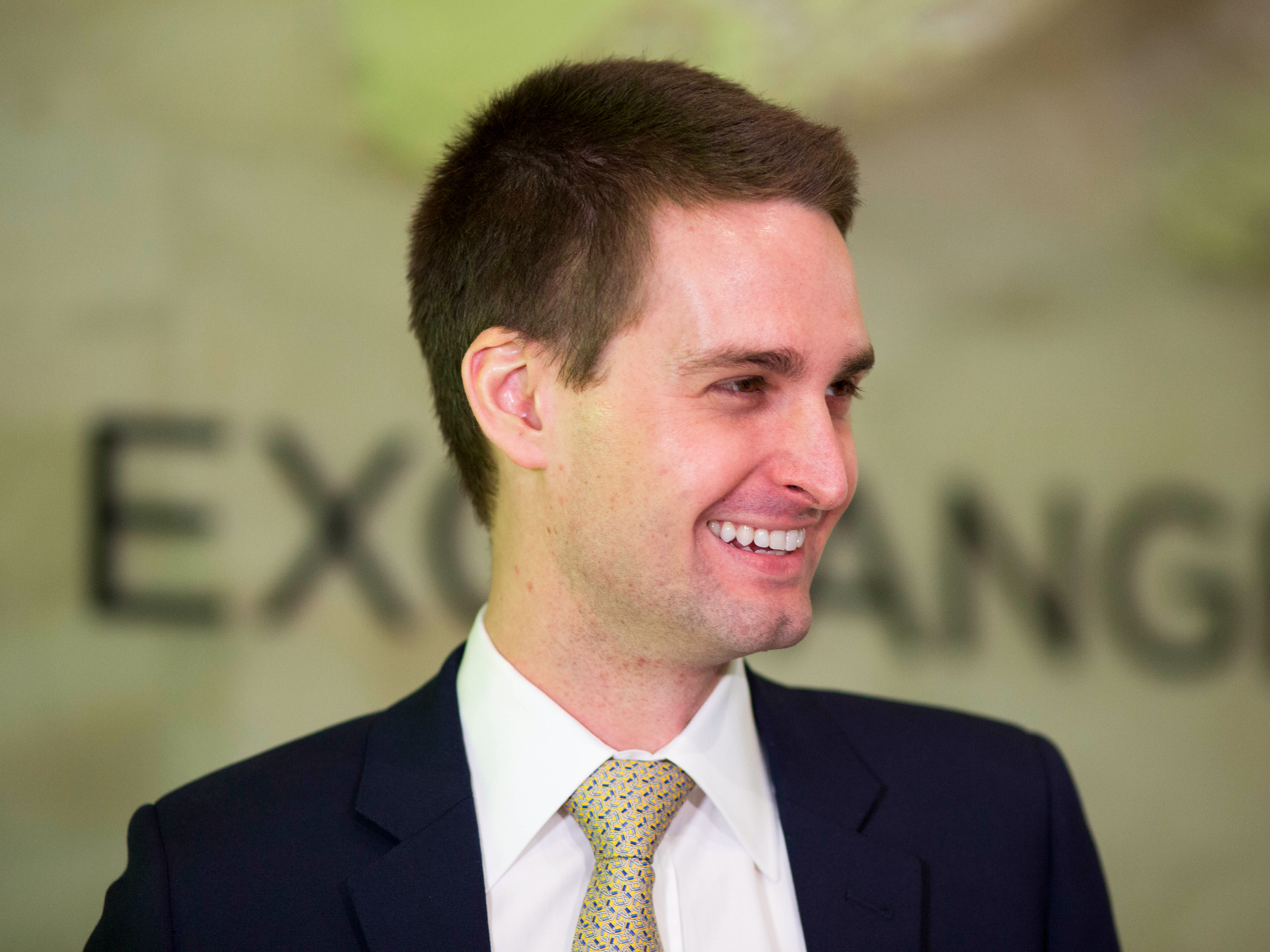Snapchat has always been less open to publishers than Google and Facebook.
It has also been less focused on its users sharing content, building followings, and running up social-engagement numbers.
While the latter has arguably left Snapchat worse off with advertisers who are drawn to the potential for virality or connections with big influencers, Snapchat’s closed-off platform is suddenly working in its favor.
Why? Fake news.
To read more about how Snap has a leg up on Facebook and Google, click here.
In other news:
"Russian agents" reportedly spent tens of thousands on Google ads during the 2016 election. The new revelation, according to a new report by The Washington Post, illustrates that the Russian propaganda campaign may have been even wider still.
Facebook will reportedly tighten the screws on political advertisers.Facebook is going to "require ads that are targeted to people based on "politics, religion, ethnicity or social issues" to be manually reviewed before they go live, according to an email sent to advertisers and obtained by Axios' Sara Fischer and David McCabe.
On a related note, tech companies are embarrassing themselves with how they handle fake news. Facebook, Google, and Twitter have all made attempts to change their algorithms and services to combat the problem, but despite their efforts, it still requires a journalist or noisy critic to point out a problem before something gets fixed.
Dove faces PR disaster over ad that showed black woman turning white. The 3-second video clip, posted on Dove's US Facebook page on Friday, has now been removed, with the company apologizing and saying that the post had "missed the mark in representing women of color thoughtfully."
The brand is facing boycotts for an ad many people say is racist - and it's happened before. In 2011, for example, the brand apologized for an ad for Dove VisibleCare body wash, which seemed to show a black woman as the "before" photo and a white woman as the "after" photo, with "more beautiful skin."
Inside Amazon's secretive pitch to brands and advertisers in the UK. The company hosted its first IAB Digital Upfront session in London last week, lifting the lid (slightly) on how it might work with UK advertisers and ad agencies.
Furious fans of a cartoon have forced McDonald's to bring back Szechuan McNugget sauce after a botched limited-time release. McDonald's faced the fury of fans of the cartoon "Rick and Morty" when the fast-food chain failed to provide a sufficient amount of Szechuan McNugget sauce.
A new video game is using "Make America Nazi Free Again" as its main ad slogan. There's a simple reason for that: The series has always been about killing Nazis, either during World War II or thereafter.
Former Sony Entertainment CEO spent two weeks binging Netflix shows and says he finally understands why everyone is obsessed. Over a two-week period this summer, Michael Lynton went deep down into the Netflix rabbit hole, he said at the New Yorker TechFest conference on Friday.
Gen Z has a completely different shopping preference from millennials - and it's good news for retail. When they want to go shopping, Gen Z-ers prefer to go to the store, according to a new survey by PriceWaterhouse Coopers.
Nine American companies with extremely religious roots. Brands like Chick-fil-A and Hobby Lobby have alienated some customers as executives' religious views have influenced business decisions at certain points in time.
Follow us at @BI_Corporate to be among the first to hear about news and updates from Business Insider.
Also, sign up for the Executive Summary , a new biweekly newsletter that brings the latest marketing news, trends, and company updates straight to your inbox.

